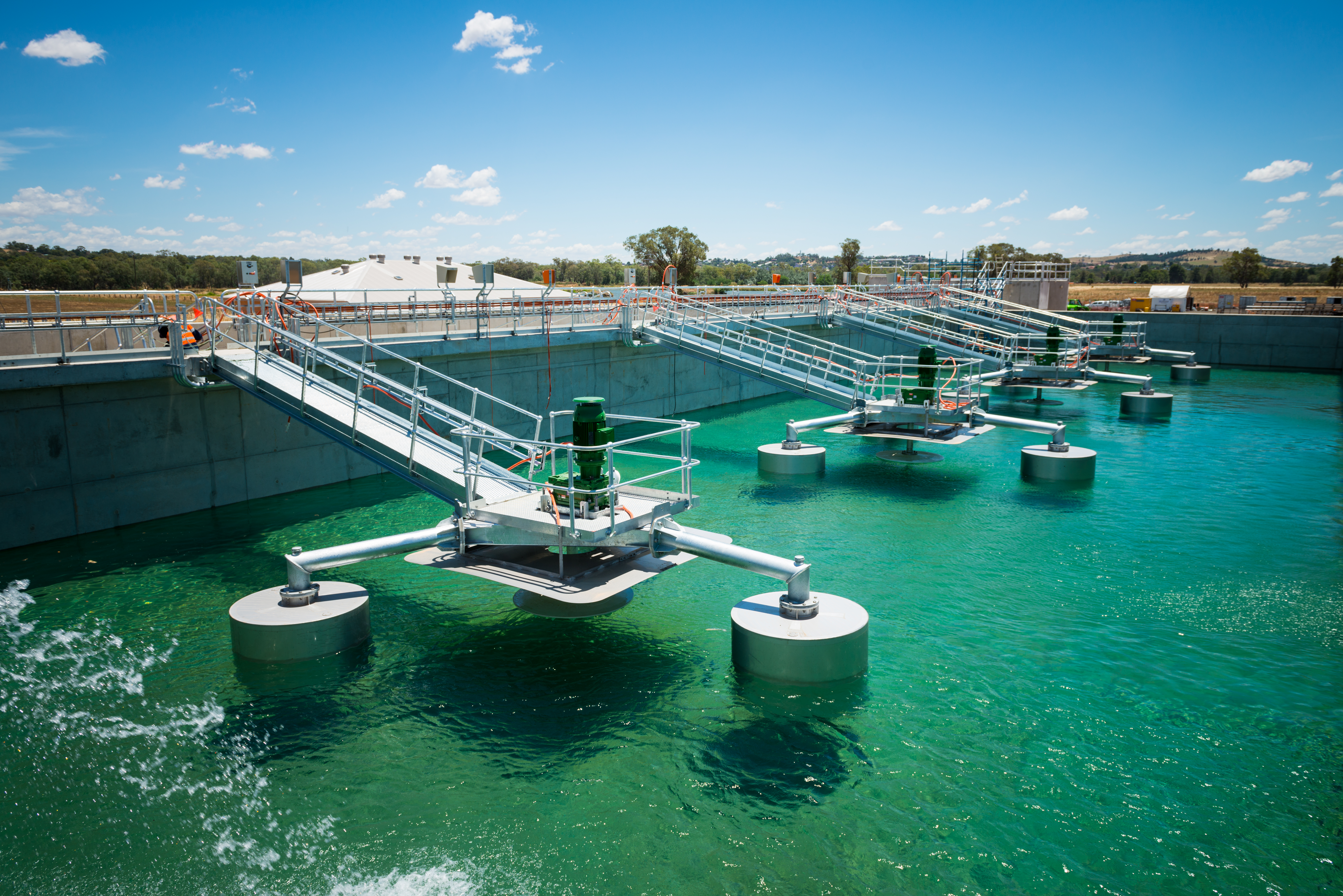
Scott Conley, the vice president and chief delivery officer for Drylet, LLC, spoke to an enthused audience at the most recent Startup Pains event at UH’s Technology Bridge campus.
Drylet supports bioremediation solutions for wastewater treatment, swine production, and energy industries. Among the ways Drylet has made its impact on the world are:
1) Sludge management – Drylet’s technology enabled significant solids reduction and mitigated foam stability.
2) Increasing biogas generation – Drylet helped boost methane production for industrial digesters, which turn methane into clean electricity.
3) Reduced lagoon solids by 60% - In just 9 months, Drylet’s ManureMagic® reduced sludge by 44% and then 61.6% at 12 months.
Conley imparted his wisdom and experiences in developing his technology for the crowd of mostly young, ambitious entrepreneurs and engineers.
“Does your company have a technology strategy to fill the white space?” Scott asked.
White space is a term used to describe a company’s ability to address new opportunities. These are market opportunities in which a company must engineer an entirely new business model in on order to tackle. White space, in essence, represents the unknown. It is ubiquitous and ambiguous in its absence of color. A void.
“You must develop an understanding of the white space around your discovery. What state of development is your technology? Is it applied technology with market potential?” he continued.
White space is a process that helps us view an industry with a new lens. It can lead to bigger profits and growth because it when you confront white space, you are defining potential gaps in your market, and, theoretically, filling them.
Conley also spoke about financing strategy. Particularly the market timing of investment capital.“Periods of high confidence and investment capital abundance can lead to better deal terms and valuation. Matching market interests for deal flow and types of investment vehicles can spell the difference between months or years for funding.”
Conley made sure to educate the audience on startup investors. He mentioned angel investors, venture capitalists, strategic, crowdfunding, high-net-worth individuals, and accredited vs. non-accredited investors.
“Match the class of investors with your company’s objectives. Choose investors that not only provide funding but expertise to help your company and its founders.”